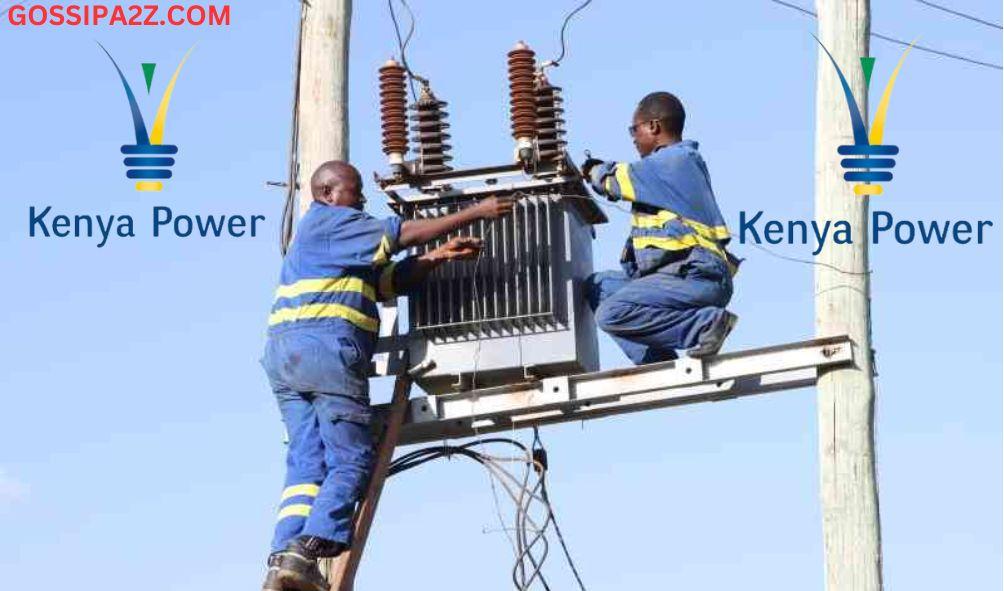Kenya Power Profits Just Ksh.2 on Every Ksh.100: MD Siror Reveals
Kenya Power’s Managing Director and CEO, Eng. Dr. Joseph Siror has revealed that the company earns a mere 10 percent profit from the electricity bills paid by consumers.
He explained that the power distributor sometimes has to operate with minimal or no profits while providing services to Kenyans.
Speaking on Citizen TV’s ‘The Big Conversation’ show, Eng. Siror mentioned that since Kenya Power is required to supply electricity nationwide, most installations are government-funded, and the associated costs are gradually recouped from customers.
He further highlighted that some private customers who pay for connectivity, particularly for transformer installations, often face higher initial costs because these services are commercialized before the company later supplies electricity at a lower cost to the surrounding areas.
“Kenya Power functions as a commercial entity, but it also undertakes government-initiated programs recognizing the critical importance of electricity, typically under the Last Mile scheme,” he clarified.
He emphasized that the cost of installing a transformer is not directly covered by Kenya Power’s resources.
ALSO READ:
- Inside Job Exposed: Kenyan Prison Wardens Convicted for Orchestrating Daring Terrorist Escape
- Uganda Pulls the Plug: Nationwide Internet Blackout Ordered Days Before Crucial General Election
- African Elections Under the Spotlight as Zambia Turns to Kenya Ahead of 2026 Vote
- “Two Drug Barons in Cabinet?” Kenya Government Fires Back as Ex-Deputy President Sparks Explosive Drug Claims
- Kenyan Court Freezes Use of Private Lawyers by Government, Sparks Nationwide Legal Storm
Eng. Siror also noted that about 65 percent of the customer’s electricity bill goes towards power generation, with the company ultimately earning around 10 percent in profits.
“For every Ksh.100 paid in a bill, 65% is allocated to generation. Kenya Power retains approximately Ksh.20, of which only about 10% represents the profit, which can be as low as Ksh.2,” he elaborated.
He pointed out that making substantial capital investments requires a long recovery period, and the investment might not even be fully recouped.
Eng. Siror justified the company’s drive for more connections across the country as the best strategy to ensure maximum profitability.
“That’s why the tariff structure is simplified to maximize the number of connections, ensuring that commercial users cover installation costs,” he stated.
“After installation, new customers only pay for their connection, not the transformer cost.”
Kenya Power Profits Just Ksh.2 on Every Ksh.100: MD Siror Reveals
